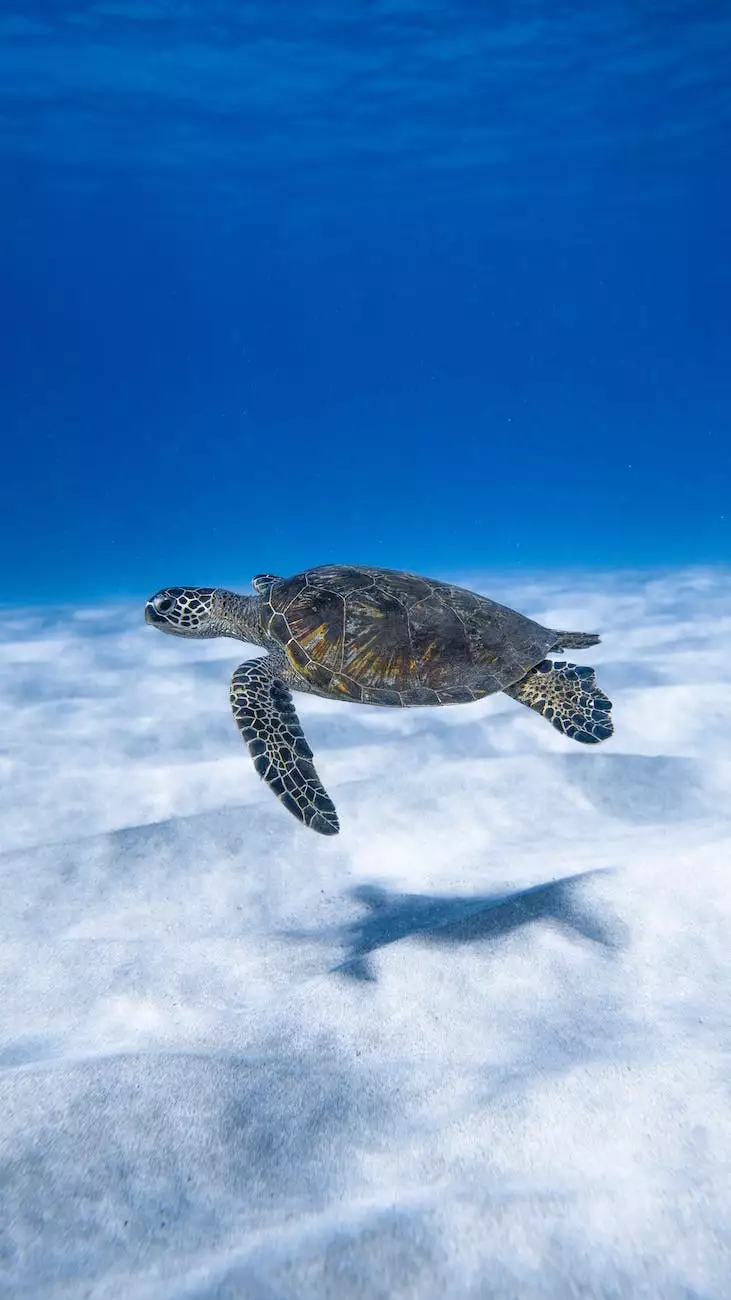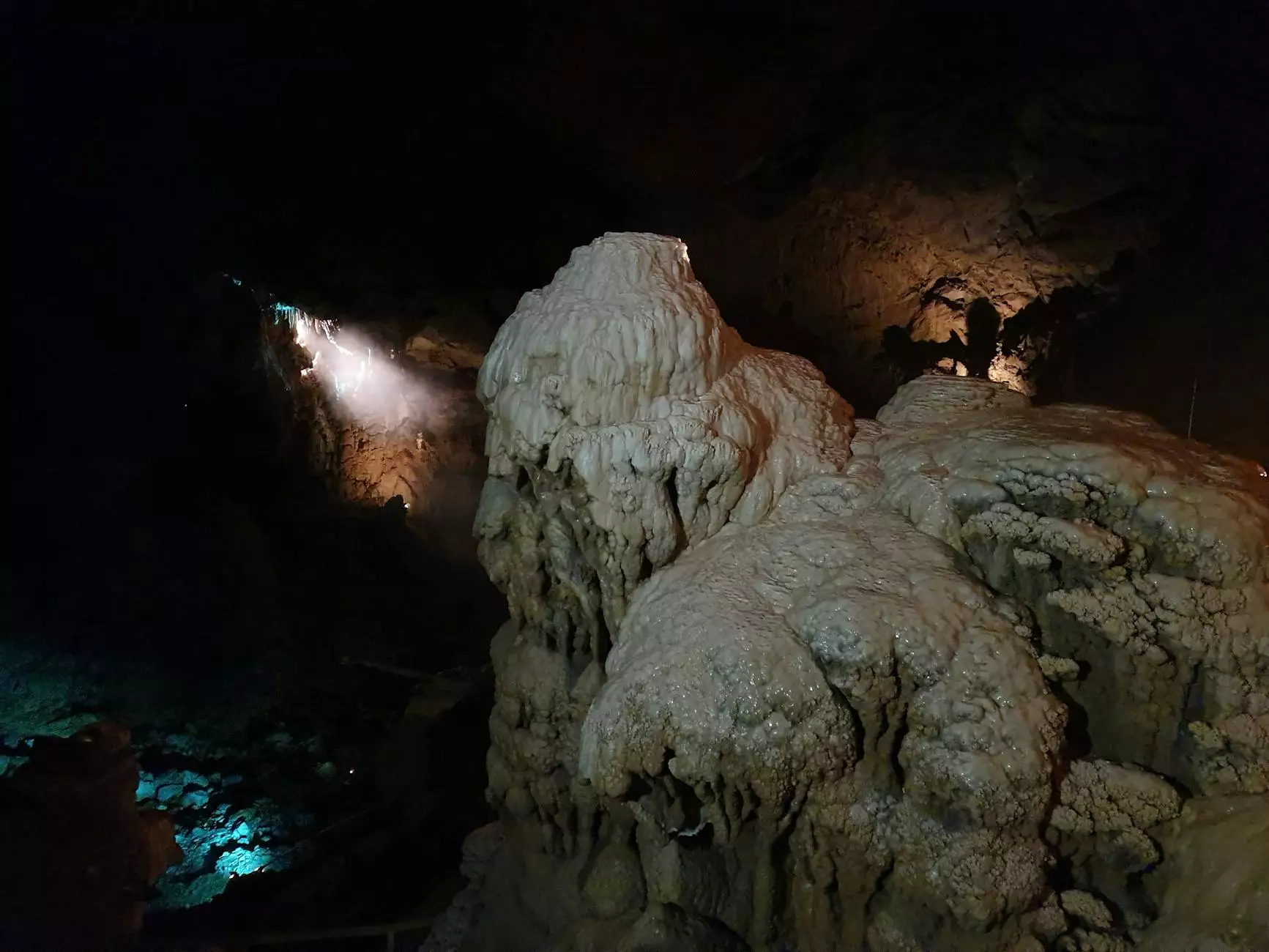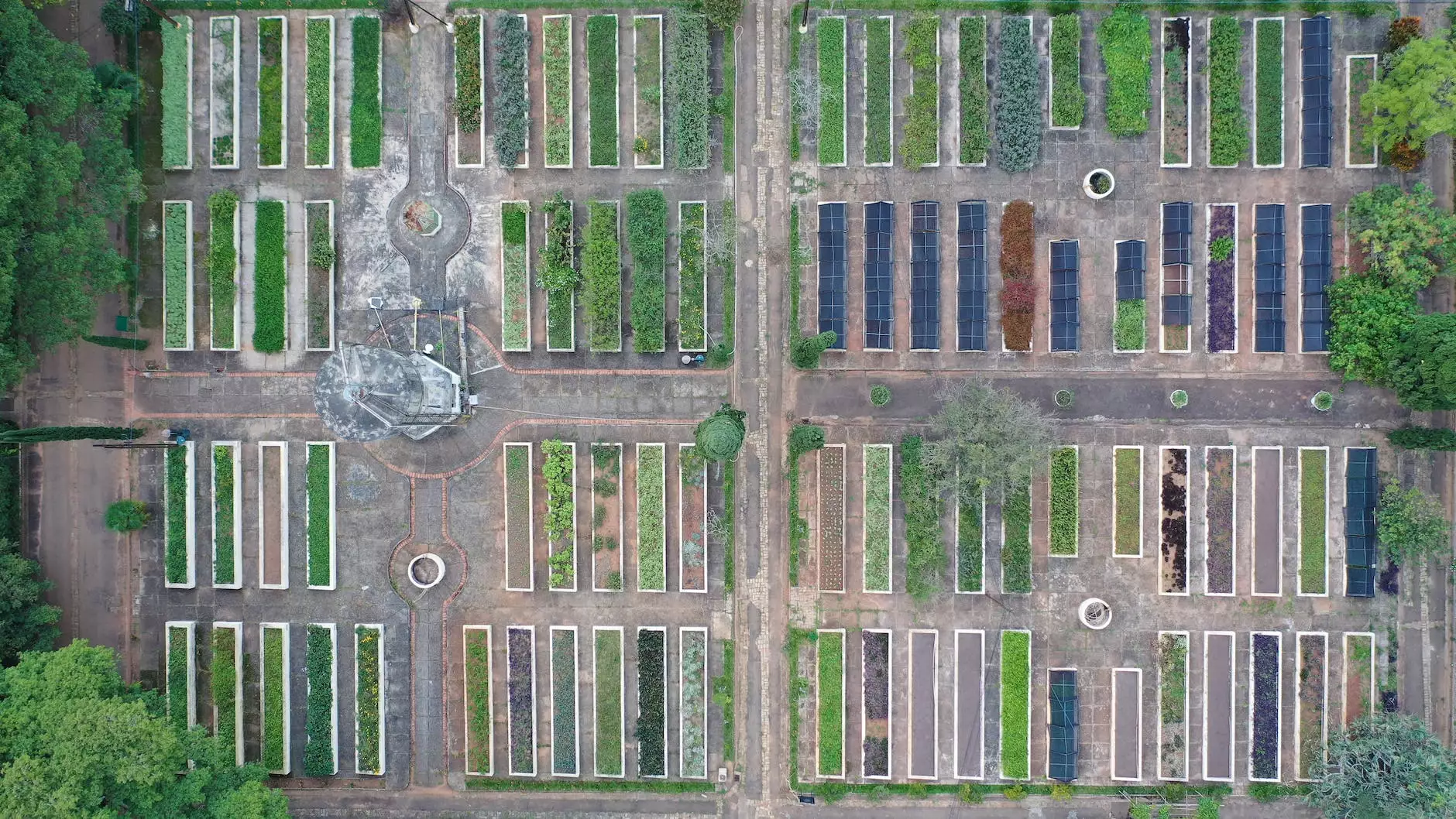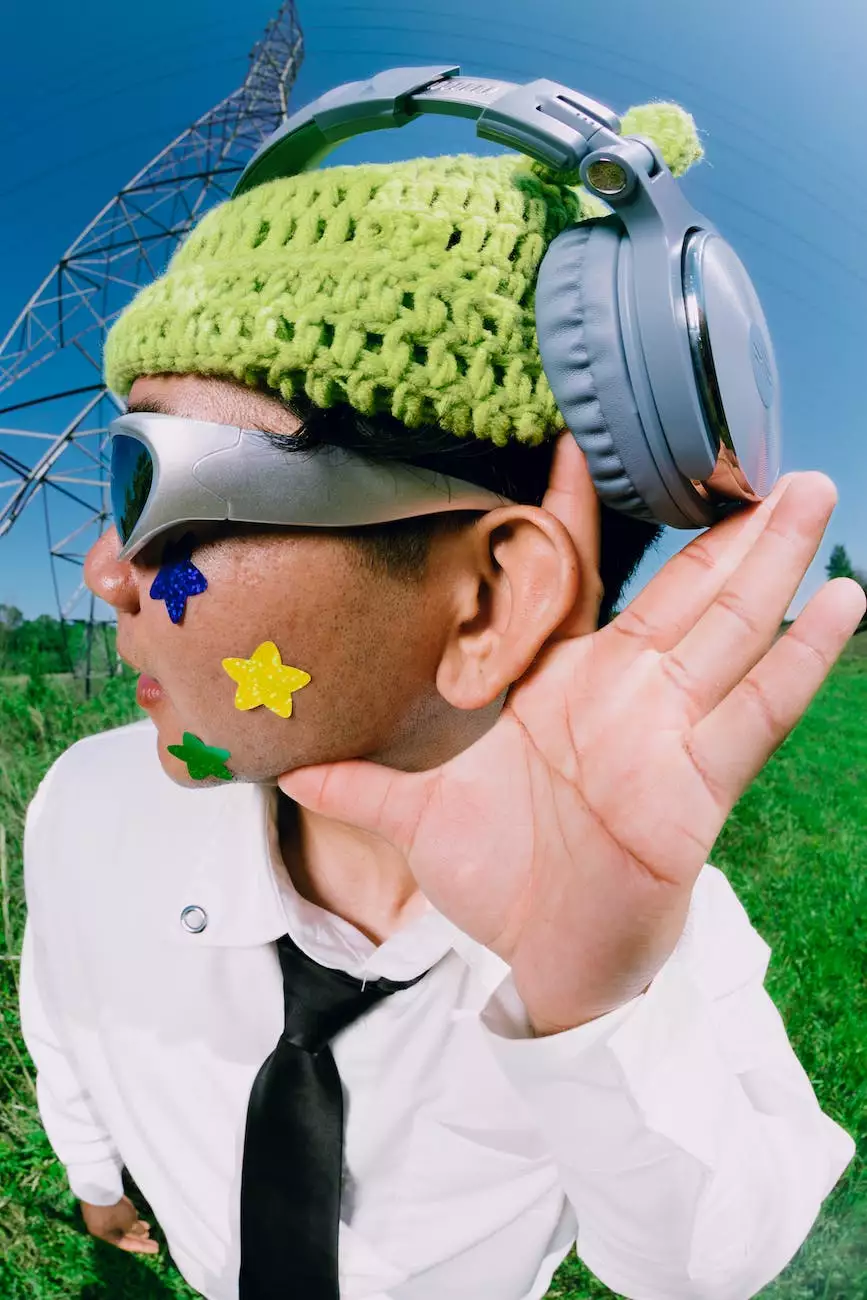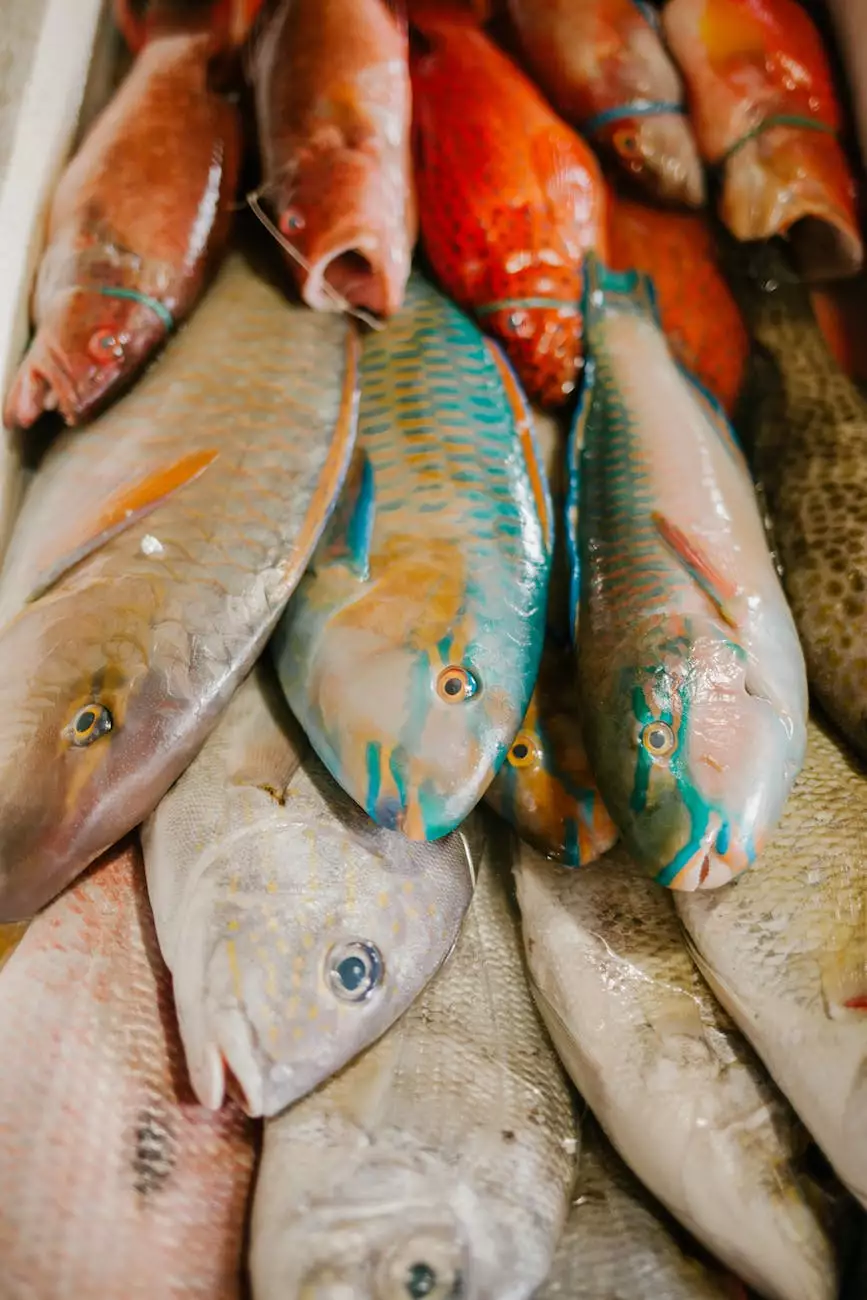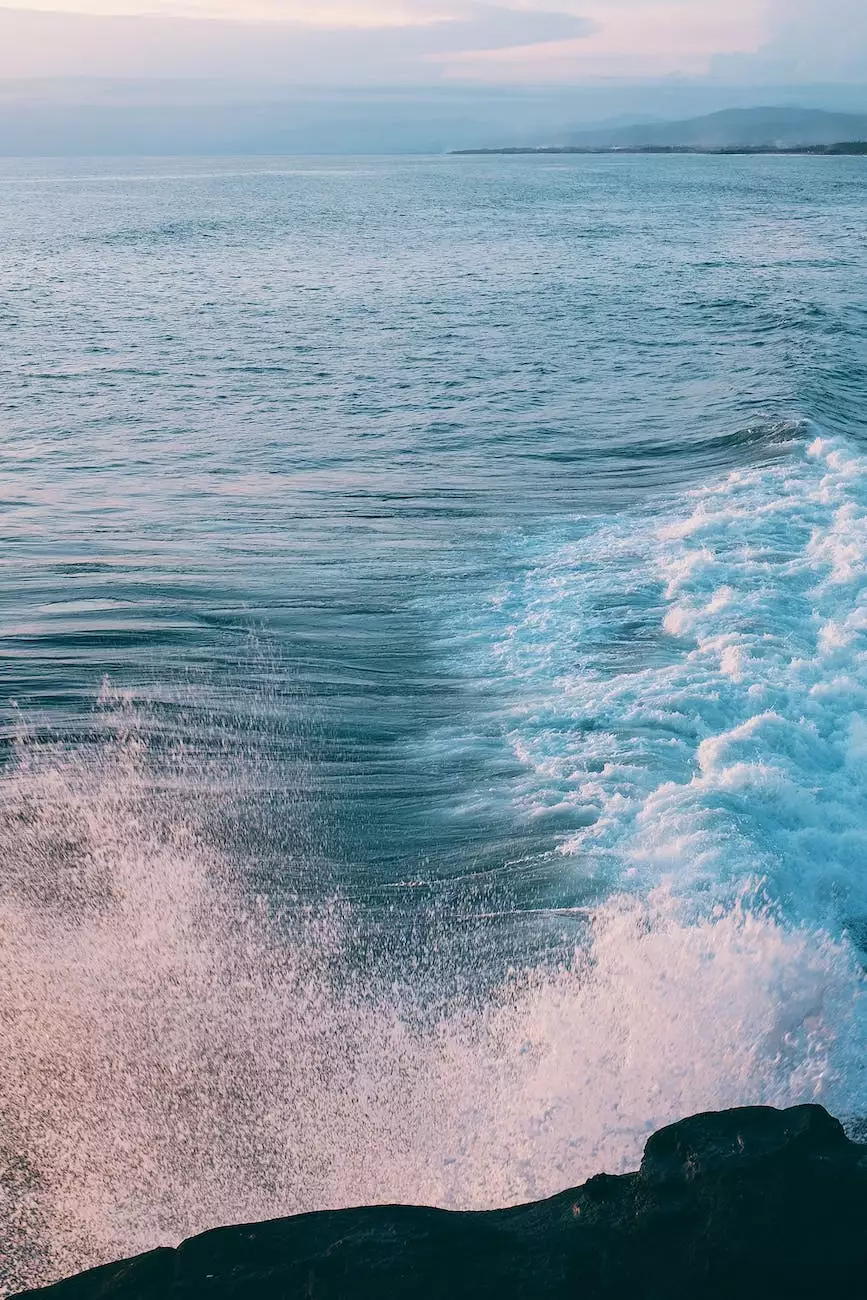Worst-case scenario puts Oahu aquifer at risk

The Importance of Oahu's Aquifer
The aquifer system in Oahu, Hawaii, plays a critical role in supporting the island's water supply. As a vital natural resource, it provides fresh groundwater for drinking, irrigation, and other essential needs. However, recent studies have revealed a worst-case scenario that could potentially endanger this precious aquifer.
The Potential Risk Factors
Several factors contribute to the potential risk of Oahu's aquifer. One significant concern is the increasing urban development and population growth on the island. As more land is developed for housing, commercial establishments, and infrastructure, the risk of contamination and depletion of the aquifer rises.
1. Urban Runoff
The rapid urbanization on Oahu leads to increased stormwater runoff. Rainwater that washes over paved surfaces, such as roads, parking lots, and rooftops, carries pollutants like oil, chemicals, and debris into the aquifer. If not effectively managed, urban runoff can degrade the water quality and threaten the viability of the aquifer as a safe drinking water source.
2. Industrial Activities
Oahu's thriving industrial sector poses another risk to the aquifer. Improper handling and disposal of hazardous materials by industrial facilities can result in groundwater contamination. Harmful substances seeping into the aquifer can have detrimental effects not only on the water quality but also on the surrounding ecosystem.
3. Saltwater Intrusion
As the demand for freshwater increases, over-pumping of the aquifer can cause saltwater intrusion. This phenomenon occurs when excessive groundwater extraction creates a pressure imbalance, allowing saltwater from the ocean to infiltrate and mix with the freshwater aquifer. If left unchecked, saltwater intrusion can render the groundwater brackish and unsuitable for consumption.
Mitigating the Risks
Addressing the potential risks and protecting Oahu's aquifer requires proactive measures from businesses, residents, and policymakers. At Go SEO, we recognize the importance of sustainable practices and offer expert guidance to mitigate the risks associated with aquifer contamination and depletion.
1. Stormwater Management
We work closely with businesses and organizations to implement effective stormwater management strategies. By promoting techniques such as rainwater harvesting, permeable pavements, and stormwater retention systems, we minimize the impacts of urban runoff on the aquifer and protect water quality.
2. Environmental Compliance
Our team assists industrial facilities in maintaining strict environmental compliance standards. We provide guidance on proper handling, storage, and disposal of hazardous materials to prevent groundwater contamination. By ensuring responsible industrial practices, we contribute to the long-term health of Oahu's aquifer.
3. Water Conservation
Conserving water is crucial to prevent aquifer depletion and saltwater intrusion. We educate individuals and businesses on water-efficient practices, such as installing low-flow fixtures, implementing efficient irrigation systems, and promoting water reuse. By reducing water demand, we support the sustainability of Oahu's aquifer.
Protecting Oahu's Aquifer Together
Preserving Oahu's aquifer is a collective responsibility. At Go SEO, we are committed to raising awareness about the potential risks and collaborating with stakeholders to implement sustainable solutions. Together, we can ensure the long-term availability of clean freshwater for future generations.



